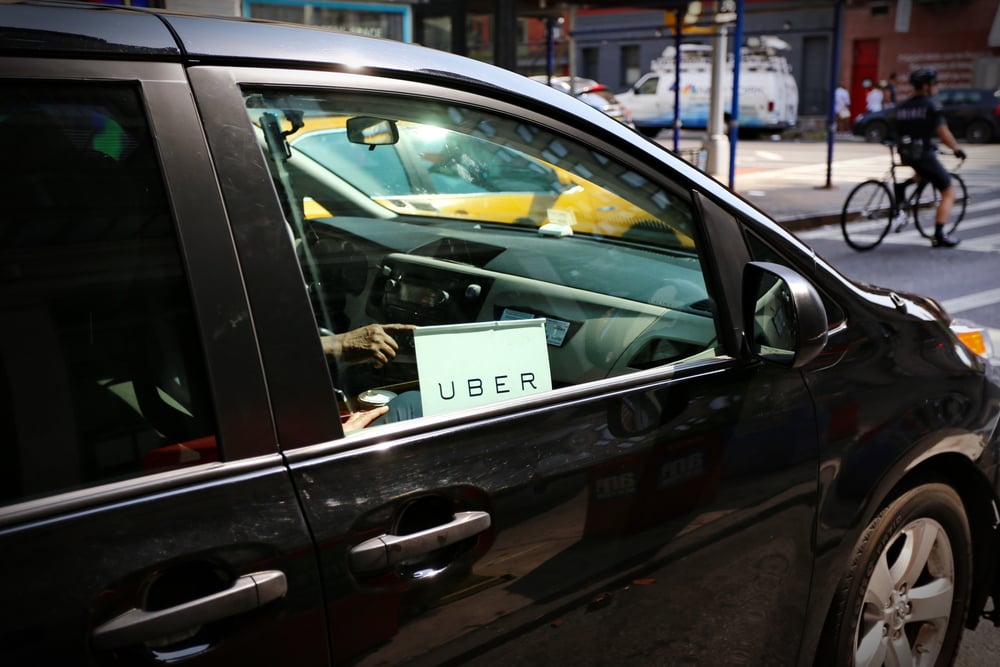A new working paper from the Oxford Martin School at the University of Oxford reveals the effect of the app, Uber, on conventional taxi-driving services in US cities. Since its inception in 2010, few inventions have caused more controversy. In Europe, taxi drivers have rebelled following its introduction, and courts have banned or restricted its services.
The app, Uber, allows those with smartphones to request a trip, automatically sending the request to the nearest Uber driver by providing a matching platform for passengers and self-employed drivers and taking a slice of profit from each ride. So what effect has the so-called 'sharing economy' had on incomes and jobs? The study finds that the app has led to a marked shift of around 50 per cent in taxi-drivers being self-employed rather than working for companies. Perhaps not surprisingly, this change also resulted in hourly earnings being reduced by around 10 per cent, as compared with drivers in cities without Uber.
The study, 'Drivers of Disruption? Estimating the Uber Effect', examines the effects of Uber between 2009 to 2015 through analysing data on the roll-out of Uber across cities and from the American Community Survey (ACS), the leading source of information on the US workforce. Researchers found the number of hours worked increased among both salaried and self-employed taxi drivers, with even traditional taxi services experiencing growing employment after the introduction of Uber. Uber drivers typically earned more per hour than their counterparts; and, in wider economic terms, part of the decline in incomes among driver was offset by an expansion of business income among self-employed drivers, says the research. It concludes that while the findings may not necessarily apply across all other countries, they raise questions about efforts being made to ban or restrict the adoption of Uber – in parts of Europe and elsewhere.
The research remarks that in the US, the number of new drivers partnering with Uber has increased exponentially: while fewer than 1,000 drivers joined the Uber platform in January 2013, almost 0,000 new drivers signed up in December 2014.
What our study shows is that even in one of the sharing economy’s most exposed industries, traditional jobs have not been displaced
Dr Carl Benedikt Frey, Oxford Martin Citi Fellow and Co-Director of the Oxford Martin Programme on Technology and Employment
Dr Carl Benedikt Frey, Oxford Martin Citi Fellow and Co-Director of the Oxford Martin Programme on Technology and Employment, said the data provided the first hard evidence of the impact of the 'sharing economy' on jobs. 'Uber is the flagship of the sharing economy, but what our study shows is that even in one of the sharing economy’s most exposed industries, traditional jobs have not been displaced.
'The effects are complex: while some have seen a loss in income, Uber has also created more jobs than it has destroyed, demonstrated by the staggering expansion of self-employment following its introduction.'
The paper was co-authored by Dr Thor Berger and Dr Chinchih Chen, also researchers on the Technology and Employment programme which looks at the future of work and skills.
The paper was co-authored by Dr Thor Berger and Dr Chinchih Chen, also researchers on the Technology and Employment programme which looks at the future of work and skills.
